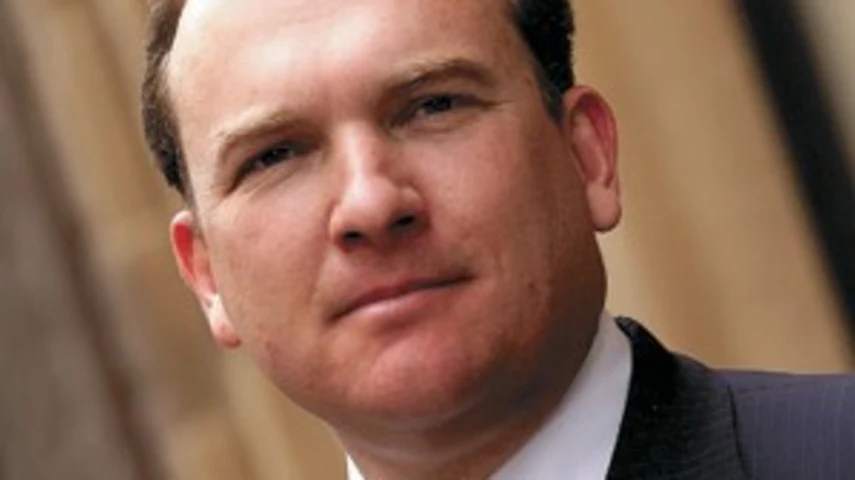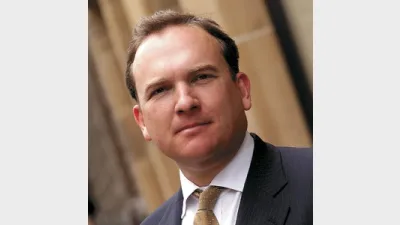Hunt for yield will continue, says Fidelity



Fidelity head of Australian equities Paul Taylor said the hunt for yield would continue in 2013 due to a slower growth environment that would remain for at least five years.
He said the current market recovery was starting to resemble those that followed the 1987 crash and the mid-1970s oil price shock where after five years the market picked up again.
Taylor said he expected the Australian share market to deliver similar positive returns in 2013 as in 2012 - close to a 20 per cent total return.
He said a lot of bad news had been factored into Australian share prices, which made market valuations for medium- and long-term investors attractive.
"As cash rates and term deposits continue to decline, the significant dividend yield of the Australian equity markets looks increasingly appealing to investors seeking income returns," he said.
Strong corporate balance sheets and free cash flows also equated to sustainable dividend yields, Taylor said.
"Buying bank shares with attractive dividend yields and franking credits is still a superior risk return investment than putting your money in that bank's term deposits - even in a lower growth environment," he said.
Taylor said only the strongest business cases would attract new equity as investors demanded higher dividends, capital returns and share buybacks in 2013.
Recommended for you
Reserve Bank governor Michele Bullock has said the central bank sees private demand picking up over the next year, taking over from public demand.
One of Australia’s largest super funds has acquired an equity stake in the institutional investment advisory firm.
Passive investing is reshaping Australian equities, giving rise to a “no information trade” in which large-cap stocks swing sharply despite little or no fresh news.
RBA governor Michele Bullock warns of global trade risks as domestic inflation cools and employment remains near full capacity.








